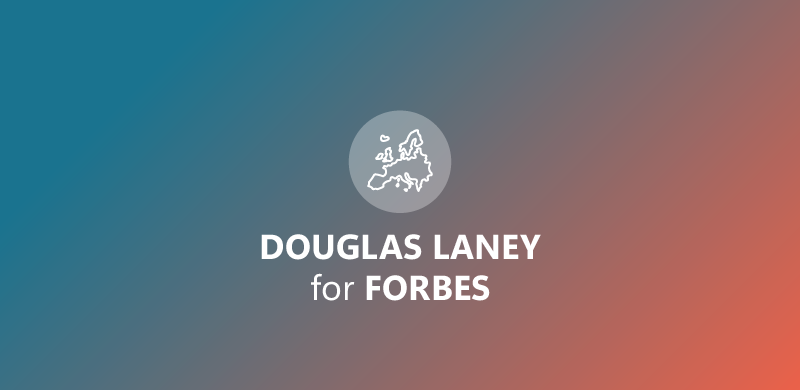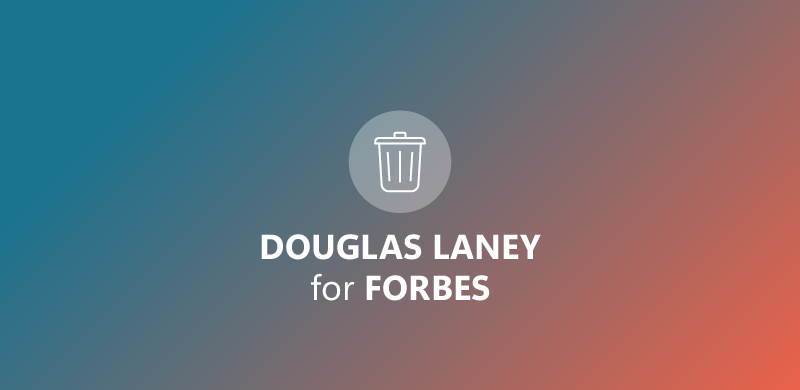Senior Analyst Data & AI
Douglas Laney is a renowned thought leader and advisor on data, analytics, and AI strategy. He is a best-selling author, as well as a featured speaker and business school professor. Laney has been recognised repeatedly as a top-50 global expert on data-related topics and is a three-time Gartner annual thought leadership award recipient. He originated the discipline of infonomics – recognising and treating data as an actual economic asset. Laney continues to focus on helping organisations and their leadership innovate with and optimise the value of their data assets.












